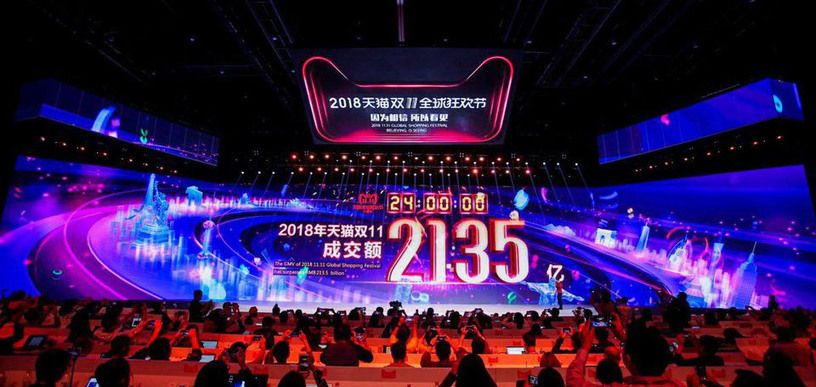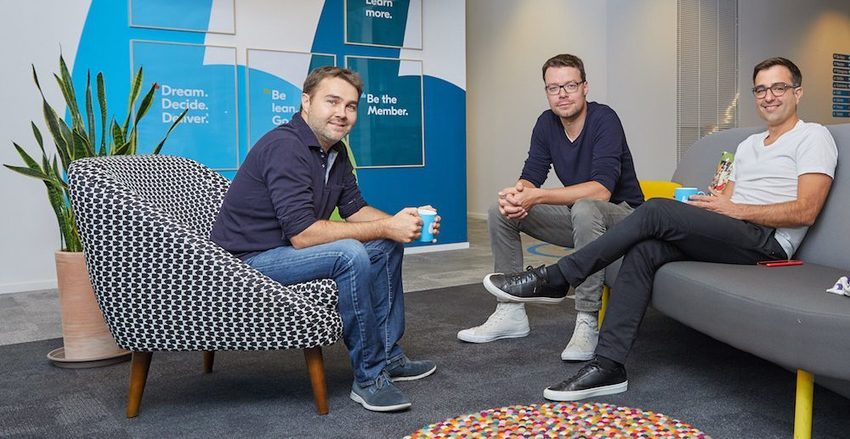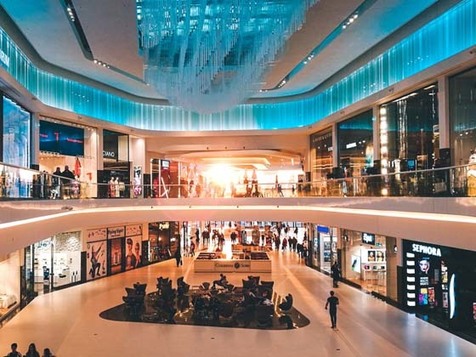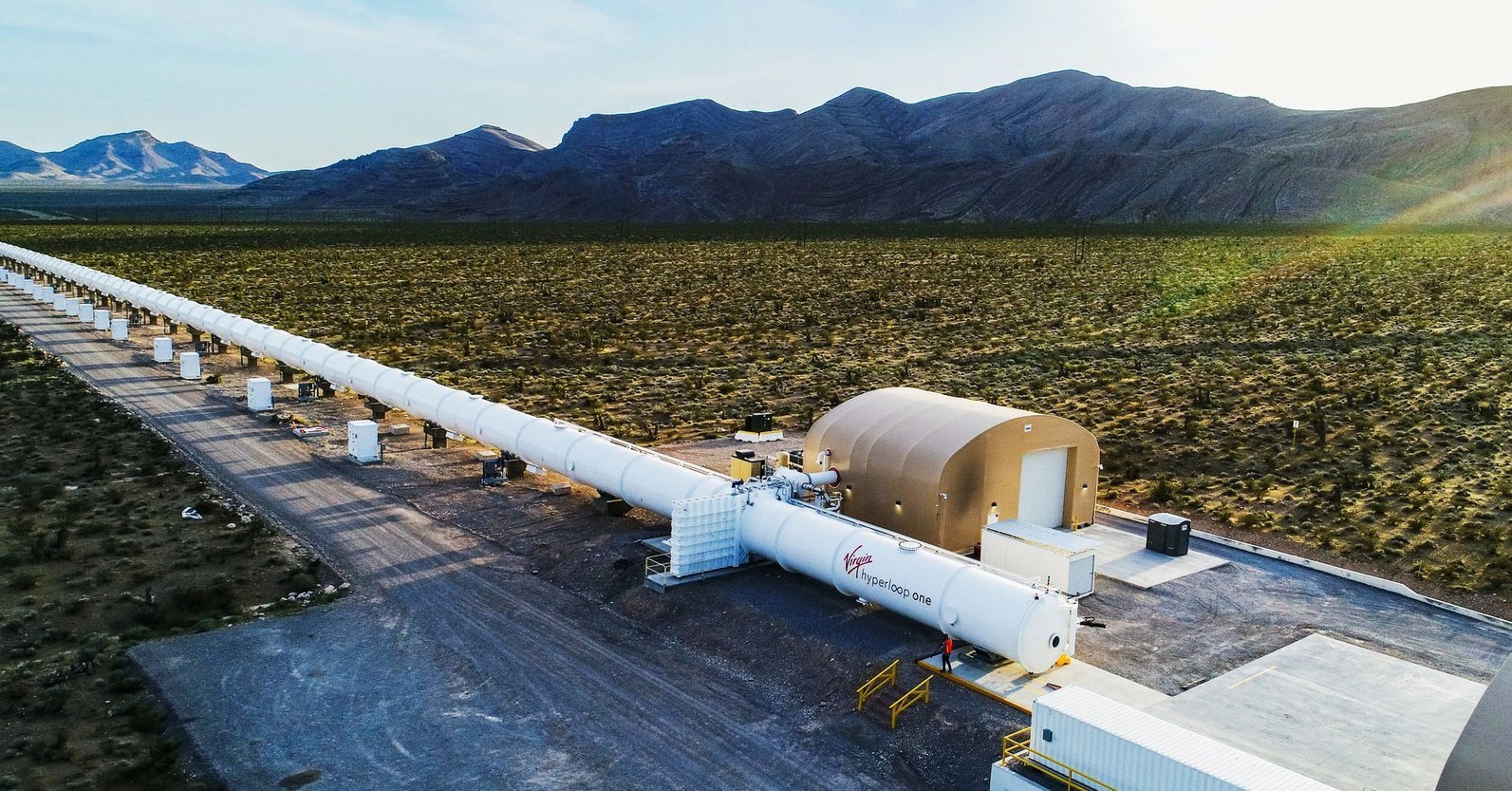Etude : La mobilité bientôt détrônée par la biométrie et le conversationnel ?
Le contrôle biométrique pour un gain de temps aux aéroportsDe façon générale, les globe-trotteurs, toutes catégories confondues, demandent à ce que la technologie continue de simplifier et d’améliorer leur expérience voyage. Le contrôle biométrique aux aéroports est plébiscité par 81% des voyageurs d’affaires, contre 75% dans le loisir. Pour Gordon Wilson, président de Travelport, « L’industrie du voyage a toujours été pionnière dans les nouvelles expériences technologiques et a adopté des solutions très tôt. Aujourd’hui, il y a une demande très forte en matière de recherche vocale et en filtrage biométrique à laquelle nous devons répondre. Observer cet enthousiasme commun nous motive à fabriquer les technologies du futur. »










